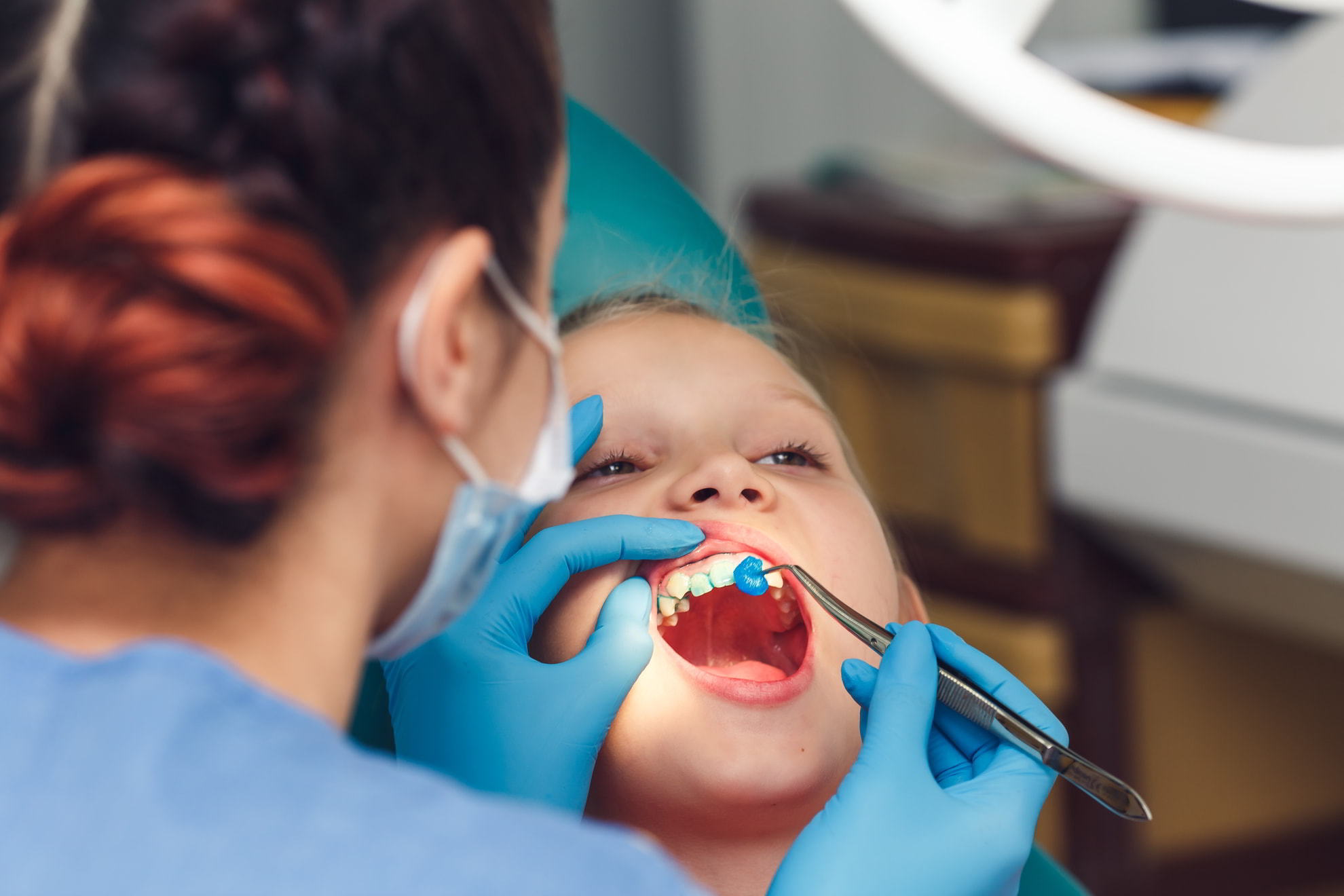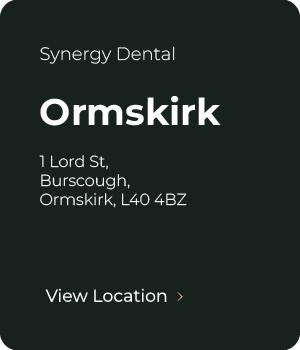Fluoride has been the subject of debate recently after the government plans announced earlier in the year to encourage water fluoridation in effort to combat the dentistry crisis that has gripped the UK for years. With so much media misinformation on the subject, this blog post will cut through the myths and conspiracy theories to answer once and for all, “What is fluoride, really, and how does it help my teeth?”
What Is Fluoride?
Fluoride is a naturally occurring compound created when the element fluorine mixes with minerals from rocks.
Fluoride is found all over the Earth in our food, water, soil, and even our own bones! It’s completely natural, safe, and harmless despite what some conspiracy theories online would have you believe.
Even without adding fluoride to our water, we all naturally consume fluoride every day through our food.
Why Do People Avoid Fluoride?
Whilst fluoride is harmless in the right doses, too much can sometimes have negative effects. Overuse of fluoride can cause dental fluorosis, which can cause white lines or flecks on the teeth. This doesn’t mean fluoride is bad for you – it takes a lot of fluoride over-consumption to cause any problems – but with misinformation spreading easily online, worries over fluoride have spread, leading many people to be against schemes like national water fluoridation.
In countries like the USA, fluoride has been added to the water supply for over 70 years, with no scientific evidence of any adverse effects on the population. There is, however, decades of research which proves that fluoride reduces tooth decay, and that water fluoridation in combination with the right type of fluoride toothpaste can reduce dental problems.
What Are the Health Benefits of Fluoride?
Fluoride helps make our tooth enamel stronger. Through a process called remineralisation, our tooth enamel can self-repair with the minerals in our saliva, strengthening itself. Once our tooth enamel is gone, it’s gone for good.
Fluoride helps protect our tooth enamel from damage, reducing tooth decay.
How Much Fluoride Do I Need Daily?
Correct Fluoride intake is especially important for children, whose teeth are still developing. Most toothpastes contain fluoride, however, different age groups need different amounts of fluoride. Your toothpaste should say how much fluoride it contains in ppm (parts per million) on the tube and on the box. If it does not say how much fluoride it contains, switch your toothpaste for something which contains the right level of fluoride.
Recommended fluoride by age:
- Under 3 – at least 1000 ppm
- Children 3 to 6 – between 1000 ppm and 1350 ppm
- Adults and children over 6 – between 1350 ppm and 1500 ppm
Remember that you should not be rinsing your mouth clean after brushing your teeth – otherwise you’re washing away all the fluoride from your teeth, and not getting any of the benefits of brushing with flouride.
How Can I Increase My Fluoride Intake?
Most places add fluoride to the water supply, however, if you’re concerned about your fluoride levels, contact your water supplier and ask them how much fluoride is added to your water.
If your water isn’t fluoridated, you can choose to take a fluoride supplement to add the necessary fluoride to your diet.
Alternatively, your dentist may provide a fluoride gel or a high fluoride toothpaste if they think you have a low fluoride intake which is damaging your teeth.
For children, your dentist may offer a fluoride varnish which strengthens the enamel and smooths the surface of the teeth, reducing places plaque can cling, making brushing easier. This fluoride varnish is harmless and usually flavoured to make the treatment more enjoyable for your child. Treatment should be reapplied every 6 months to protect your child’s teeth.
We offer fluoride varnish for children as well as a range of options and advice to help adults who are concerned about the fluoride intake. Book with one of your Synergy dentists today, and we’ll be happy to help.
Sources
Office of dietary supplements – fluoride (no date) NIH Office of Dietary Supplements. Available at: https://ods.od.nih.gov/factsheets/Fluoride-HealthProfessional/#:~:text=Fluoride%2C%20a%20mineral%2C%20is%20naturally,new%20bone%20formation%20%5B1%5D
Fluoride (no date) Chemical Safety Facts. Available at: https://www.chemicalsafetyfacts.org/chemicals/fluoride/.
Oral Health Foundation (2017) Fluoride, Oral Health Foundation. Available at: https://www.dentalhealth.org/fluoride
















